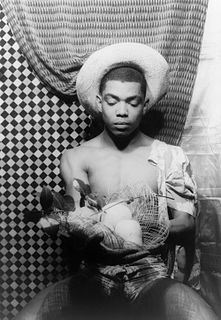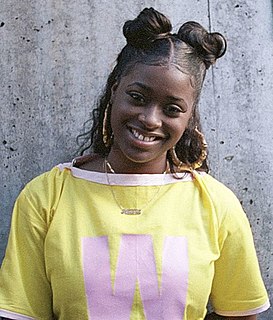A Quote by Glenn Ligon
Is there such a thing as black art? Or are there just artists who are black?
Related Quotes
There isn't only one way that black art or entertainment is represented, and that's the most important thing. We're permeating every style. We're claiming and, when necessary, appropriating all kinds of forms. Nothing is forbidden, because it's not what black people do: because it's not what we think of as black art.
If black artists can win major commissions and international acclaim, why do we assume that to be black is always to be marginal, or in need of special support? We have to recognize how diversity initiatives can make black artists feel ghettoized and, as some cultural commentators have argued, bear 'the burden of representation.'
As a black person on the outside, because there's so much black art and so much of black people's work circulating, so many people imitating what black people do, you would think that there'd be more black people on the business side. It didn't cross my mind that every label head, for the most part, is a white guy.
"Black culture" is ready for whatever. I sense some momentum and excitement around black artists (especially in comedy, which is where most of my own art resides), really pushing the bounds of what has generally been expected as black. I don't think it's a revolution so much as an exposure of what has always been there, and now that the production and distribution means are more accessible, people can more easily find each other.
We had this terrible thing, this awful thing with 'Black and White' happened, where the design of 'Black and White' was actually... was hijacked by the fan sites. Because what happened is, there were so many fan sites on 'Black and White,' the hype on 'Black and White' was just ridiculously huge. It was completely out of our control.
Like for 'Black Nails,' I just had black nails - and I never have black nails. It was my first and last time getting black nails. And that's so not normal for me. So when you're recording, you're up at the mic and you gotta name the file, so I just look down and I'm like, 'Black Nails!' That's literally what it was.








































